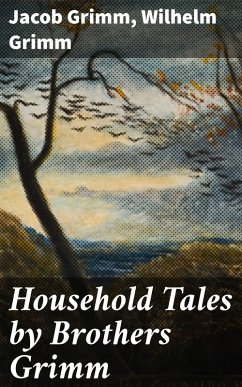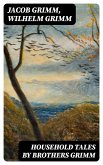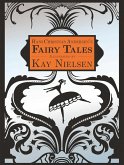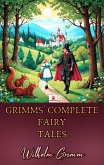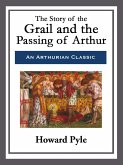Delve into the rich tapestry of folklore with *Household Tales by Brothers Grimm*, a seminal collection that captures the enduring allure and profound wisdom encapsulated in fairy tales. These timeless narratives, ranging from the well-trodden paths of enchanted forests to the enigmatic realms of ancient castles, present a varied landscape of moral quandaries and fantastical adventures. The Grimm Brothers, as curators of these tales, managed to preserve the oral traditions and cultural zeitgeist of 19th-century Europe, marrying simplicity of storytelling with complex moral underpinnings and emotion-laden narratives. Jacob and Wilhelm Grimm have achieved more than mere collection; they have synthesized a rich oral heritage that offers insights into societal values and archetypal struggles of the human condition. Their scholarly approach to capturing these narratives speaks to a broader academic movement that critically highlights folklore as a key component of cultural study. By transcribing these stories, the Grimms connected with the Romantic Era's interest in cultural origins and mythologies, grounding the collection in both historical and literary significance. This anthology is a treasure trove for anyone eager to explore the depth and breadth of folklore. It provides an invaluable exploration of narrative diversity, offering readers an educational journey through varied storytelling traditions. The timeless tales invite readers to participate in a dialogue of cultural and moral exploration, reflecting on universal themes that continue to resonate. *Household Tales by Brothers Grimm* serves not just as a collection of fairy tales, but as an essential resource for understanding the interplay of culture, narrative, and collective imagination.
Dieser Download kann aus rechtlichen Gründen nur mit Rechnungsadresse in A, B, BG, CY, CZ, D, DK, EW, E, FIN, F, GR, H, IRL, I, LT, L, LR, M, NL, PL, P, R, S, SLO, SK ausgeliefert werden.

